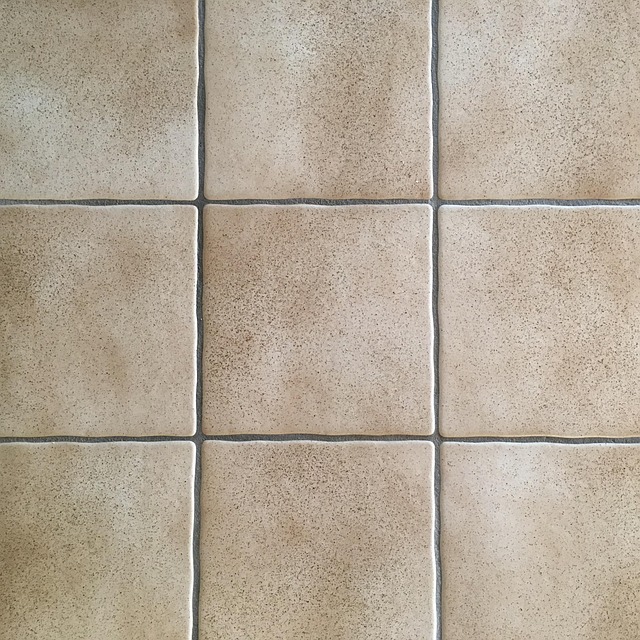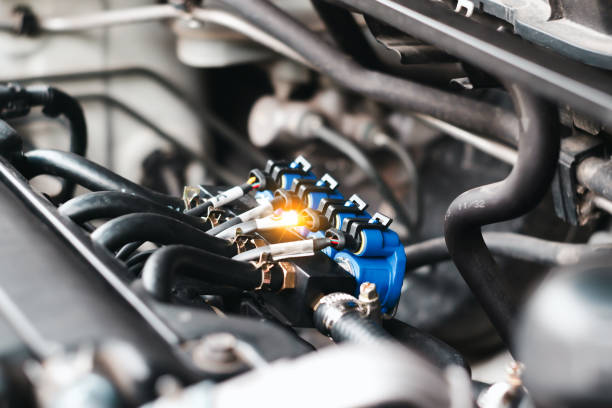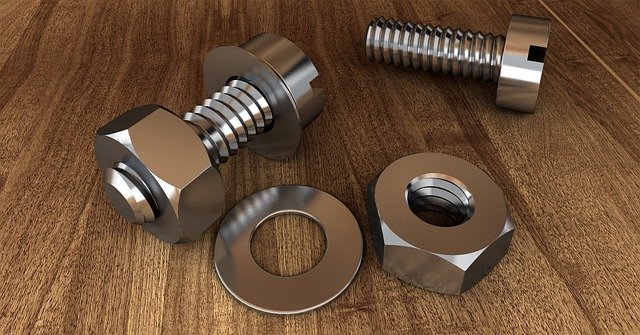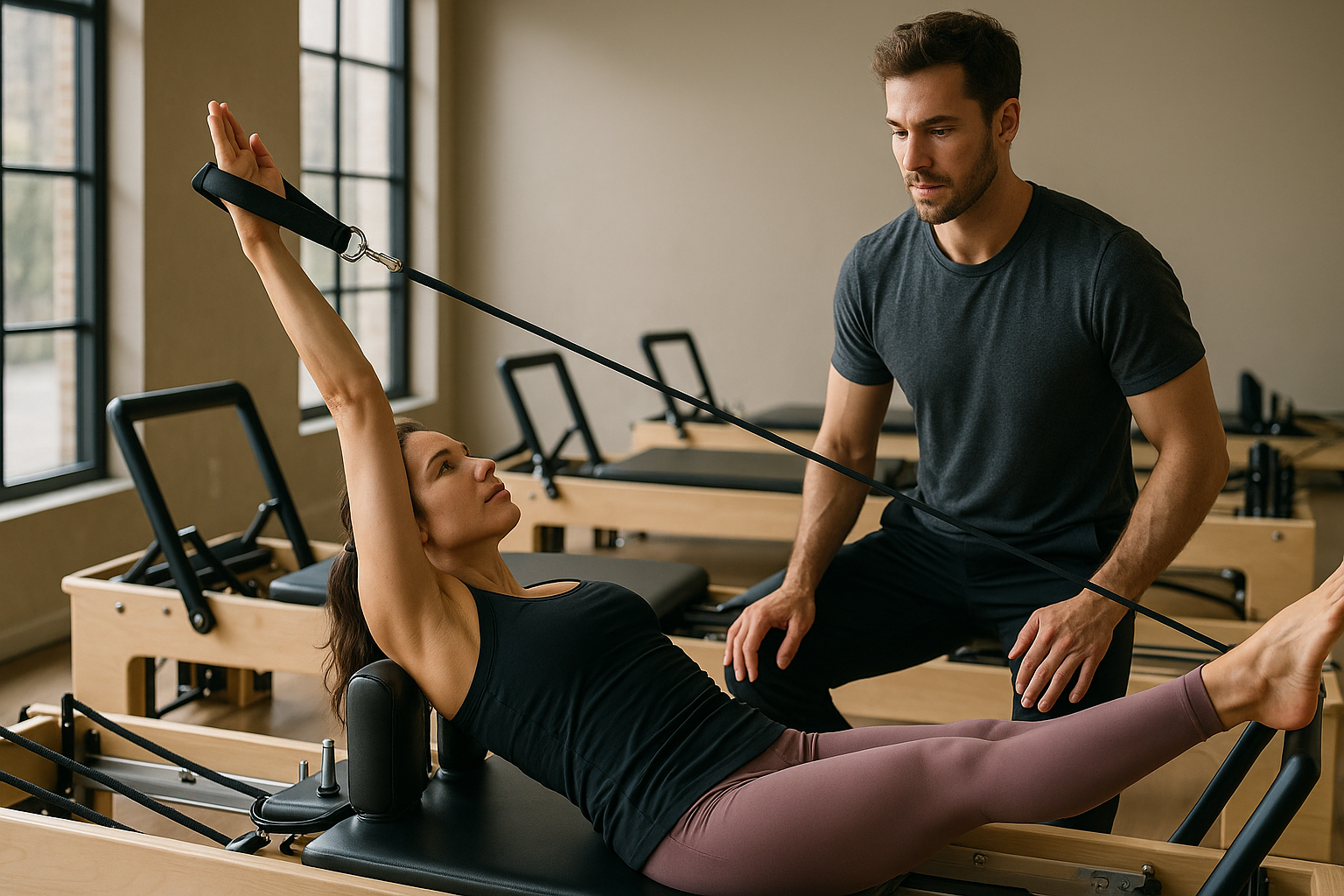The Science of Anti-Aging: Understanding and Combating the Effects of Time
As we journey through life, the passage of time inevitably leaves its mark on our bodies and skin. The quest for eternal youth has fascinated humanity for centuries, and while we may not have discovered the fountain of youth, modern science has made significant strides in understanding and mitigating the effects of aging. This article delves into the complex world of anti-aging, exploring the biological processes behind aging, effective strategies to maintain youthful skin, and holistic approaches to overall health and wellness as we grow older.
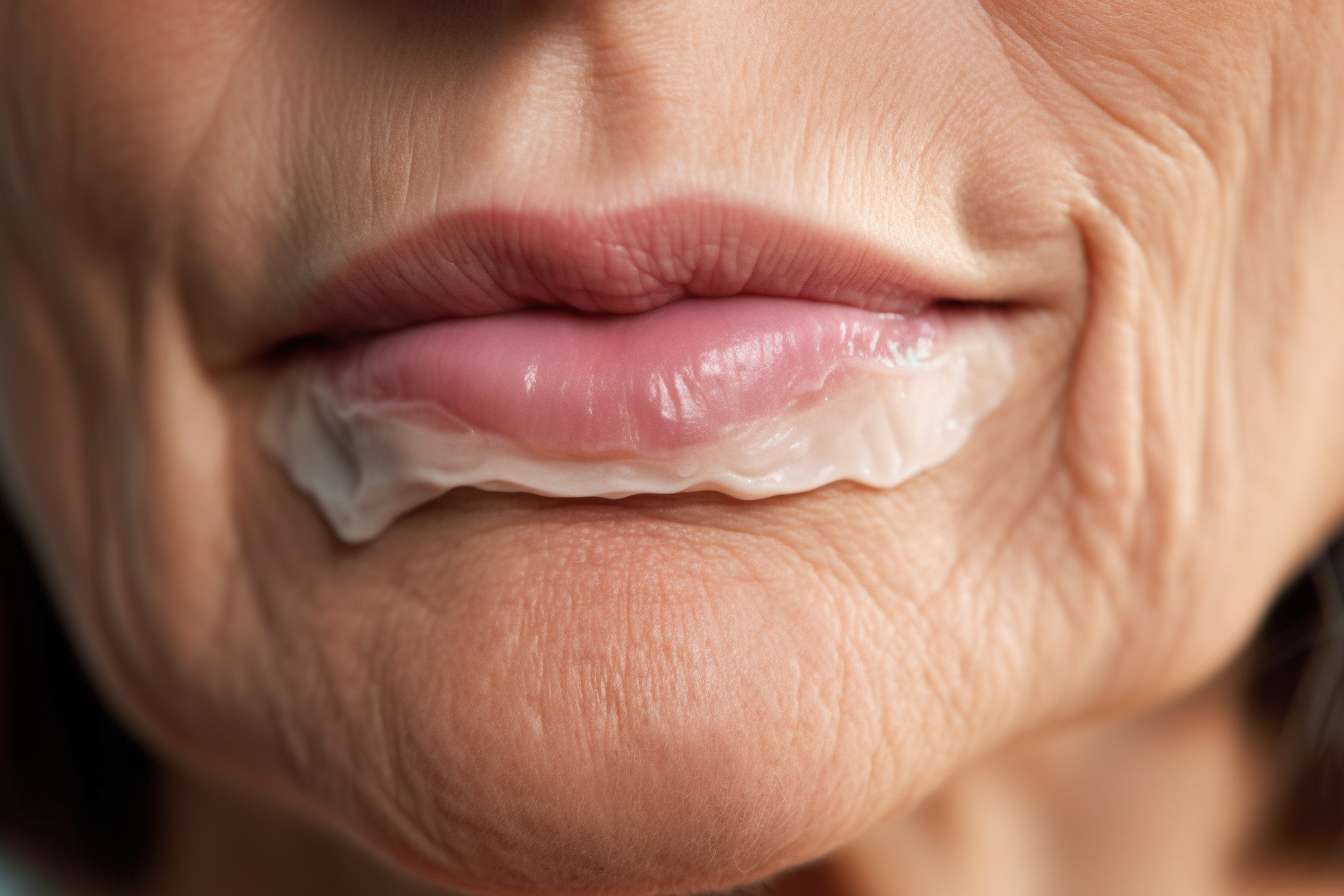
To slow down skin aging, it’s crucial to protect your skin from harmful UV rays by using broad-spectrum sunscreen daily and avoiding excessive sun exposure. Additionally, maintaining a healthy lifestyle that includes a balanced diet rich in antioxidants, regular exercise, and adequate sleep can help preserve skin health. Incorporating a skincare routine with products containing retinoids, vitamin C, and hyaluronic acid can also contribute to maintaining youthful-looking skin.
What role do wrinkles play in the aging process?
Wrinkles are perhaps the most visible sign of aging and occur due to a combination of factors. As we age, our skin produces less collagen and elastin, leading to a loss of structural support. This, coupled with repeated facial expressions and environmental factors, results in the formation of fine lines and wrinkles.
While wrinkles are a natural part of aging, their appearance can be minimized through proper skincare and lifestyle choices. Regular moisturization, using products with active ingredients like peptides and growth factors, and staying hydrated can help improve skin elasticity and reduce the appearance of wrinkles. Non-invasive treatments such as chemical peels, microdermabrasion, and laser therapy can also be effective in reducing fine lines and wrinkles.
How does overall health impact the aging process?
Aging is not just skin deep; it affects every system in our body. Maintaining overall health is crucial for slowing down the aging process and improving quality of life as we grow older. A healthy diet rich in fruits, vegetables, lean proteins, and whole grains provides essential nutrients and antioxidants that help combat oxidative stress and inflammation, two key factors in the aging process.
Regular exercise is another vital component of healthy aging. Physical activity helps maintain muscle mass, bone density, and cardiovascular health, all of which tend to decline with age. Additionally, exercise has been shown to have positive effects on cognitive function and mental health, helping to keep the mind sharp and reduce the risk of age-related cognitive decline.
What are some effective anti-aging strategies for overall wellness?
Adopting a holistic approach to anti-aging involves addressing various aspects of health and lifestyle. Here are some effective strategies:
-
Stress management: Chronic stress can accelerate the aging process. Practices like meditation, yoga, and deep breathing exercises can help reduce stress levels and promote overall well-being.
-
Quality sleep: Adequate sleep is essential for cellular repair and regeneration. Aim for 7-9 hours of quality sleep each night to support your body’s natural anti-aging processes.
-
Hydration: Proper hydration is crucial for maintaining skin elasticity and supporting overall bodily functions. Drink plenty of water throughout the day and incorporate hydrating foods into your diet.
-
Mental stimulation: Engaging in mentally stimulating activities like learning a new skill, reading, or solving puzzles can help maintain cognitive function and reduce the risk of age-related cognitive decline.
-
Social connections: Maintaining strong social ties and engaging in meaningful relationships has been linked to increased longevity and better overall health in older adults.
What are some popular anti-aging treatments and products?
The anti-aging market offers a wide range of treatments and products designed to combat the signs of aging. Here’s a comparison of some popular options:
| Treatment/Product | Provider | Key Features | Cost Estimation |
|---|---|---|---|
| Botox injections | Dermatologists, med spas | Reduces wrinkles by temporarily paralyzing muscles | $300-$600 per area |
| Retinol creams | Various skincare brands | Increases cell turnover, stimulates collagen production | $20-$150+ per product |
| Chemical peels | Dermatologists, estheticians | Exfoliates skin, improves texture and tone | $100-$600 per treatment |
| Hyaluronic acid serums | Various skincare brands | Hydrates skin, plumps fine lines | $20-$300+ per product |
| LED light therapy | At-home devices, med spas | Stimulates collagen production, reduces inflammation | $150-$2000 for devices, $50-$150 per spa treatment |
Prices, rates, or cost estimates mentioned in this article are based on the latest available information but may change over time. Independent research is advised before making financial decisions.
It’s important to note that while these treatments and products can be effective, results may vary from person to person. Consulting with a dermatologist or skincare professional can help you determine the best anti-aging strategy for your individual needs and skin type.
In conclusion, anti-aging is a multifaceted approach that encompasses skincare, overall health, and lifestyle choices. By understanding the science behind aging and implementing effective strategies to combat its effects, we can work towards maintaining youthful vitality and improving our quality of life as we age. Remember that aging is a natural process, and the goal should be to age gracefully and healthily rather than attempting to completely stop the clock.


